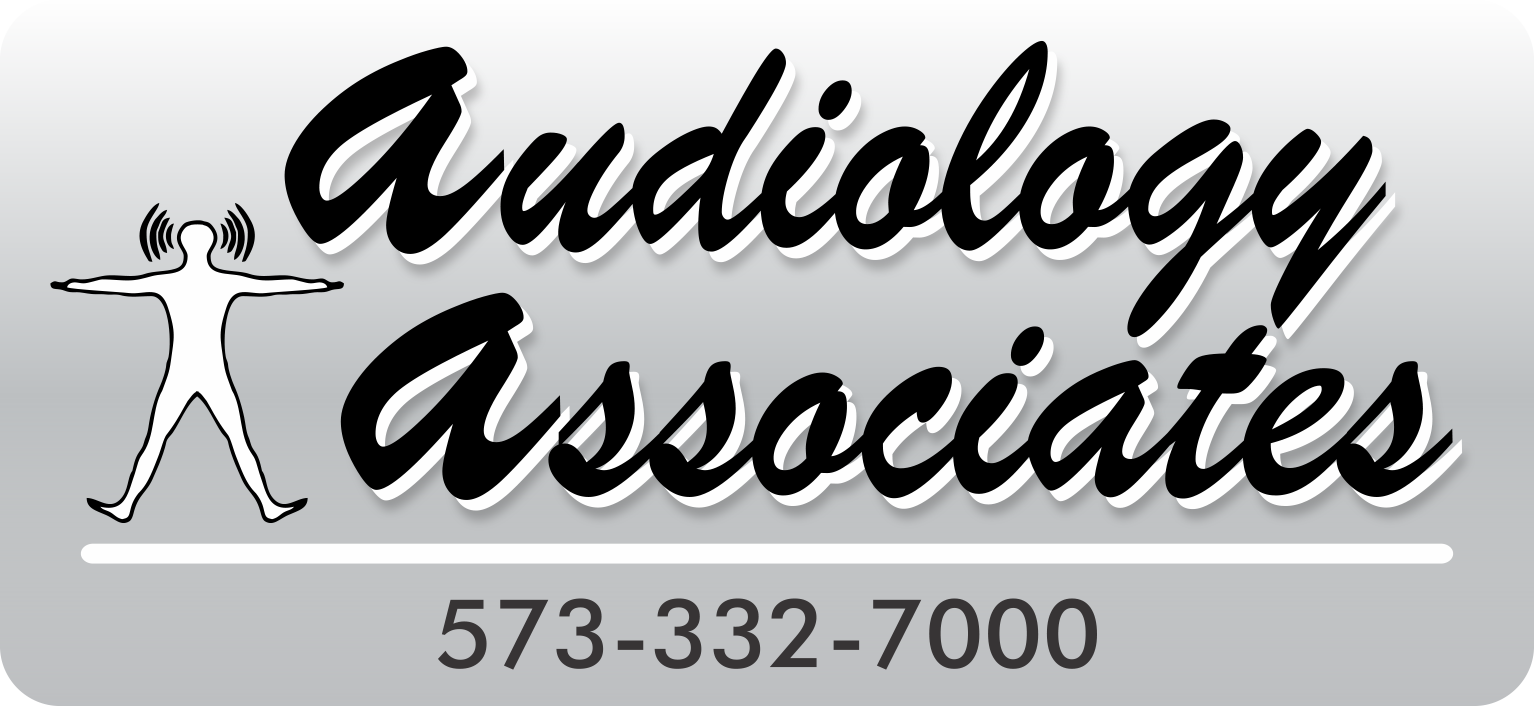At Audiology Associates of Missouri, our skilled audiologists perform diagnostic audiologic evaluations (hearing tests) and industrial hearing screenings.
Diagnostic audiologic evaluation
Diagnostic audiologic evaluations are performed after an initial hearing screening if the screening is not passed. The evaluation determines if there is a hearing loss, the type and severity of that loss, and the condition of the ear canal and middle ear. The evaluation consists of three different tests: pure tone testing, bone conduction testing and speech testing.
Pure tone testing determines the quietest tones you hear at different frequencies, high tones and low tones. Bone conduction testing helps determine if your hearing loss originates in the outer/middle ear or the inner ear. Speech testing is used to see how well words are recognized at low levels and usually confirm the results of the pure tone test.
The audiologist may also perform an examination of the ear canal (otoscopy) and a test to determine the health of the middle ear (tympanometry).
For infants, young children and those with developmental and cognitive impairments, additional specialized tests may take place. These help the audiologist evaluate the problem when the patient cannot actively participate in the exam. These evaluations include auditory brainstem response (ABR) and auditory steady state response (ASSR) tests, otoacoustic emissions screening (OAE) and conditioned play audiometry for children.
Prior to the tests, the audiologist will take a complete medical history and ask you about any hearing issues you may have noticed. Be sure to mention any concerns about noise exposure, tinnitus (ringing in the ears) and balance problems. Also bring along a full list of your medications and supplements.
Expect to be at our office for about an hour or so – the exams take about 30-40 minutes and then we allow time for questions and discussion regarding the test results. If the tests show that you need hearing aids, we’ll discuss your options and possibly even fit you with hearing aids at this time.
Because hearing loss is a family issue, it’s helpful to have a family member or friend with you at the appointment. The diagnostic hearing evaluation usually is covered by your health insurance, but check with your provider to determine if you need a referral from your primary care physician.
The skilled professionals at Audiology Associates of Missouri take time to review your results, answer questions and provide you with necessary treatment information and referrals. We work with you every step of the way.
Industrial hearing testing
For industrial workers and those who work in loud or noisy occupations, high levels of sound are hazardous. But hearing damage can be prevented when precautions are taken. At Audiology Associates of Missouri, we perform industrial hearing tests to evaluate for early signs of hearing loss. We also create custom earplugs to help prevent permanent hearing loss.
The Occupational Safety and Health Administration (OSHA) has requirements and procedures for hearing safety practices. Missouri, through its Code of State Regulations (CSR) also has its own guidelines. Both federal and state regulations are strictly followed by our practice.
Federal guidelines require that employees exposed to a time-weighted average (TWA) of 85 decibels (dB) take part in hearing conservation programs. These include hearing testing and employee training.
Many companies use audiology practices, including Audiology Associates of Missouri, to conduct hearing evaluations, keep records and make certain all safety standards and goals are met. If companies fail to test and report noise exposure, they can be fined. Tests can be done at the work site or in-office by audiologists or an Occupational Hearing Conservationist (OHC). OHC technicians are certified and supervised by an audiologist. They are specifically trained to conduct the required hearing tests only in occupational settings. If a problem is detected, the employee is referred to a hearing specialist.
